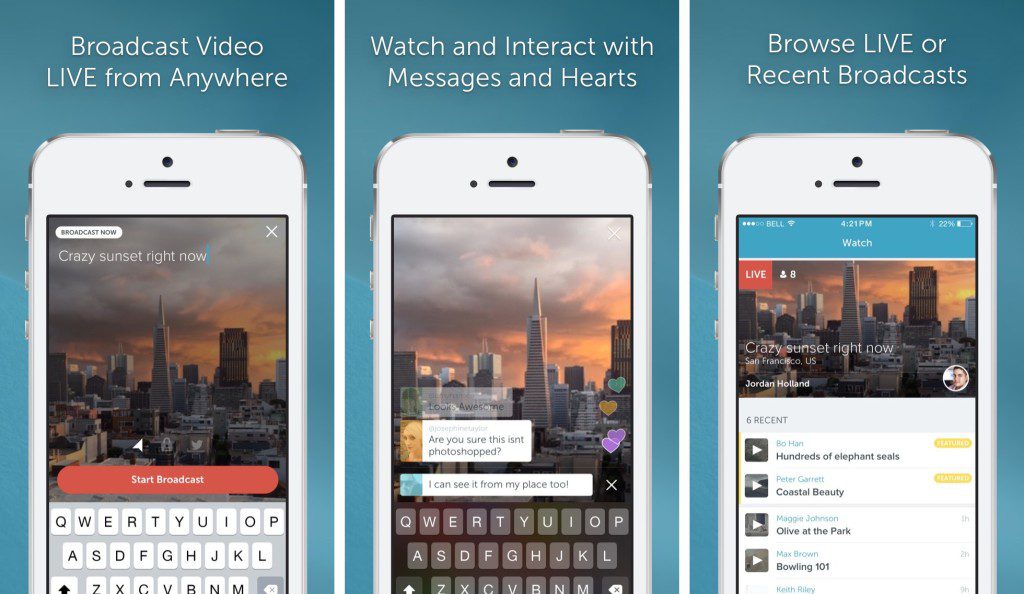Over the course of the last decade, there have been monumental changes to the way in which audio and video content is shared throughout the world. Whereas these markets were fiercely regulated and almost non-existent, it is now possible for users to download, share and access content across the World Wide Web.
With the emergence of live video streaming resources such as Periscope, however, these markets are set to break new ground in 2015. More specifically, anyone with a smartphone, an Internet connection and a viable app can now broadcast live video and audio to the whole world in real-time.

While live video streaming is nothing new (it has posed a threat to the real-time coverage of Premier League football in the UK since the turn of the century), the fact that individual users now have the capacity to broadcast live content will have an impact in the marketplace. The live streaming apps available through Periscope and similar resources will enable users to direct their smartphone to an event that is unfolding in front of them, before recording and broadcasting this to an audience of potentially millions.
This applies regardless of rights or permissions, and this creates a legal minefield for established broadcasters and content owners. The fact that Periscope was purchased by Twitter in January for approximately $100 million complicates the issue, as it will enable Twitter users to utilize this technology and share live content in real-time. Given that Twitter has a market cap in excess of $24 billion, this offers a huge threat to the current structure of broadcasting laws around the world.

The key difference between services such as Periscope and alternatives such as Google’s YouTube is the element of ‘live’, which negates the type of copyright scans typically used to verify uploads. Without this, the market is likely to encounter significant issues before its settles.
This is in stark contrast to the online gaming market, where stringent regulation has revolutionized free roulette games and live casino play. As a result, the market is extremely secure and manages to stay well within the regulatory laws without compromising on the typical player experience. This is something that the new and constantly evolving live streaming market can learn from, as it looks to enable user broadcasting without contravening international law.

